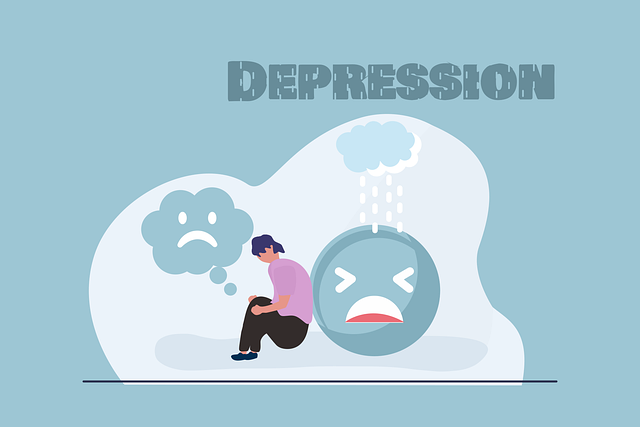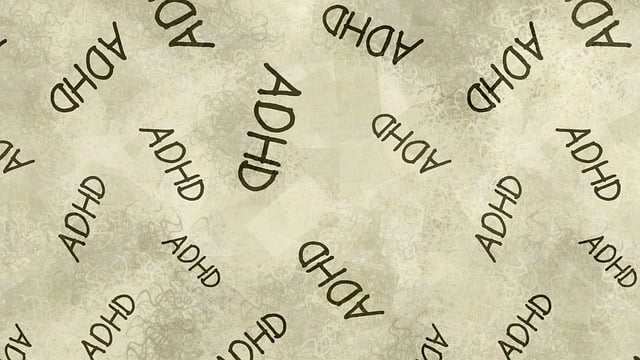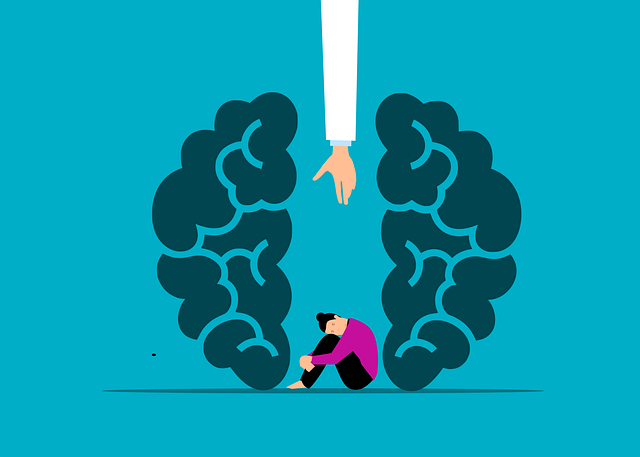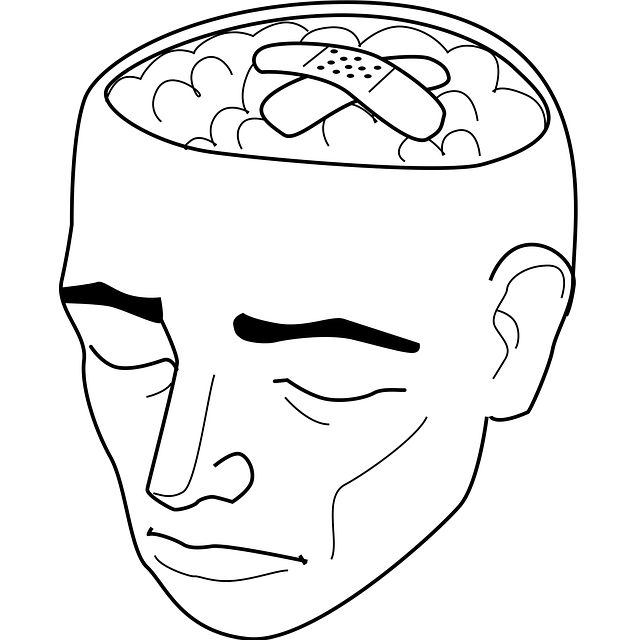Marketing Boulder Alcohol Abuse Therapy apps requires deep understanding of target audience: young adults (18-35) in urban Boulder, Colorado, facing stress, low self-esteem, and mental health challenges. Emphasize app's ability to address unique needs through success stories, confidentiality, accessibility, and non-judgmental digital therapy. Tailor messaging for Mental Wellness Journaling, Anxiety Relief, and trauma support to attract, engage, and retain users seeking healthier lifestyles. Leverage digital platforms and COVID-19-driven trends to boost popularity in competitive mental wellness app market.
In today’s digital age, addressing alcohol abuse through targeted mental wellness app marketing is crucial. The Boulder Alcohol Abuse Therapy app offers a game-changing approach to combating this pervasive issue. This comprehensive guide delves into developing an effective marketing strategy, beginning with understanding the at-risk demographic—a detailed analysis of their demographics and psychographics. By identifying trends in mental wellness app usage, we create tailored buyer personas.
The article then explores crafting a compelling value proposition, showcasing the app’s unique features and real-life impact. We discuss leveraging multi-channel marketing, including digital platforms, influencer partnerships, and content strategies to maximize reach and build trust.
- Understanding Your Target Audience: A Comprehensive Approach
- – Identify demographics and psychographics of at-risk individuals for alcohol abuse.
- – Market research: Trends in mental wellness app usage and preferences.
Understanding Your Target Audience: A Comprehensive Approach

Understanding your target audience is a cornerstone of any successful marketing strategy, especially for mental wellness apps. To effectively market a Boulder Alcohol Abuse Therapy app, it’s crucial to adopt a comprehensive approach that delves into the unique needs and challenges faced by individuals seeking support in this specific region. This involves not only recognizing the prevalence of alcohol abuse in Boulder but also understanding the local cultural landscape, socioeconomic factors, and any existing Mental Illness Stigma Reduction Efforts. By tailoring your marketing messages to address these nuances, you can build trust and appeal to users who may be hesitant to seek help due to fear or embarrassment.
Moreover, a nuanced approach should incorporate Empathy Building Strategies that resonate with potential users. This could involve showcasing success stories from individuals in similar situations, highlighting the confidentiality and accessibility of your app, and emphasizing the role of digital therapy as a non-judgmental, convenient support system for those battling alcohol abuse. By focusing on these aspects, your marketing efforts will not only attract but also engage and retain users who are ready to embrace their journey towards recovery, boosting their confidence along the way.
– Identify demographics and psychographics of at-risk individuals for alcohol abuse.

In developing a marketing strategy for Boulder Alcohol Abuse Therapy, understanding the demographics and psychographics of at-risk individuals is paramount. Research indicates that alcohol abuse often afflicts young adults aged 18-35, residing in urban areas like Boulder, Colorado. This demographic is characterized by elevated stress levels from demanding careers, academic pressures, or personal relationships, making them susceptible to coping mechanisms like substance abuse. Psychographically, these individuals may struggle with low self-esteem, anxiety, or depression, often stemming from a history of trauma, chronic illness, or social isolation—all factors that contribute to the allure of alcohol as a means of escape.
By targeting these specific groups with tailored messaging, Boulder Alcohol Abuse Therapy can emphasize the effectiveness of Mental Wellness Journaling Exercise Guidance and Anxiety Relief strategies in managing stress and promoting mental health awareness. Leveraging digital platforms and social media, the app can reach folks seeking alternative solutions to cope with their emotions, ultimately steering them towards a healthier lifestyle and addressing underlying issues contributing to alcohol abuse.
– Market research: Trends in mental wellness app usage and preferences.

In today’s digital age, mental wellness apps have become a popular tool for individuals seeking support and guidance for their emotional well-being. Market research reveals a growing trend in app usage, with an increasing number of people turning to their smartphones for therapy and emotional regulation. The COVID-19 pandemic has further accelerated this shift, as many have turned to digital solutions for mental health care due to restrictions on traditional face-to-face services. This change in behavior presents a significant opportunity for apps focused on Boulder Alcohol Abuse Therapy and other related services.
Understanding user preferences is crucial when developing marketing strategies for these apps. Research shows that individuals are increasingly interested in personalized, accessible therapy options that cater to their specific needs. Features such as automated sessions, meditation guides, and tracking tools for mood and behaviors are highly sought after. Incorporating emotional healing processes and trauma support services within these apps can tap into this growing market demand, offering comprehensive solutions tailored to modern users’ requirements, including those seeking Boulder Alcohol Abuse Therapy.
In developing a marketing strategy for a mental wellness app, understanding your target audience is key. By identifying at-risk demographics and psychographics for alcohol abuse in Boulder, and leveraging market research on mental wellness app preferences, you can create tailored campaigns that resonate with those seeking help. Incorporating these insights allows for effective promotion of Boulder Alcohol Abuse Therapy solutions, ensuring that those in need find the support they require.














